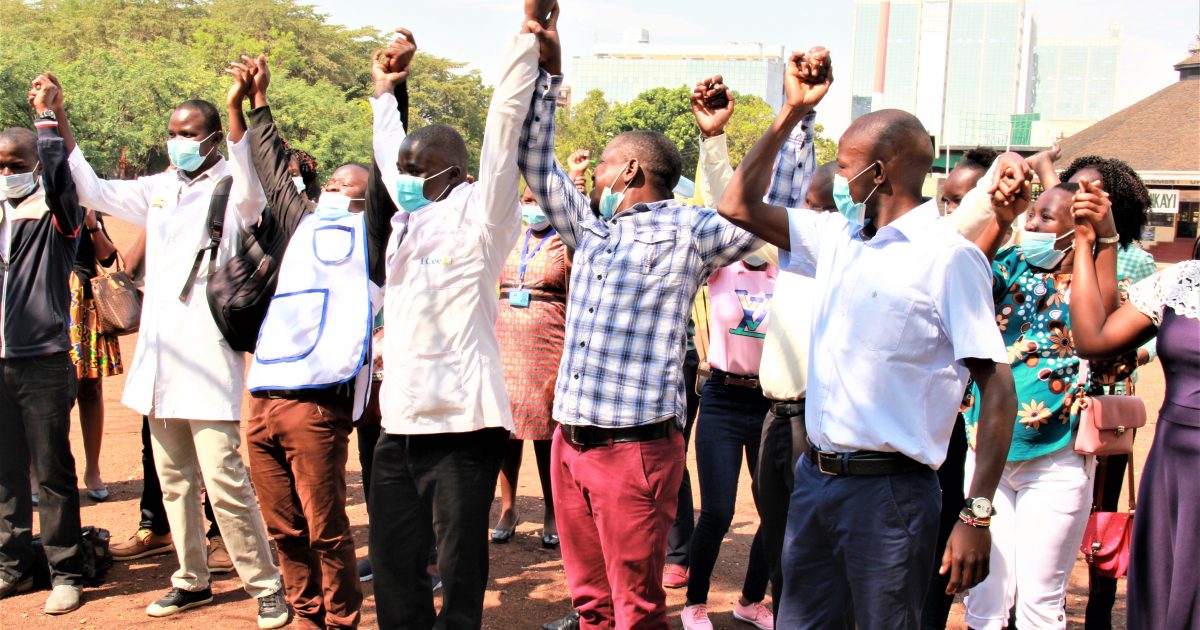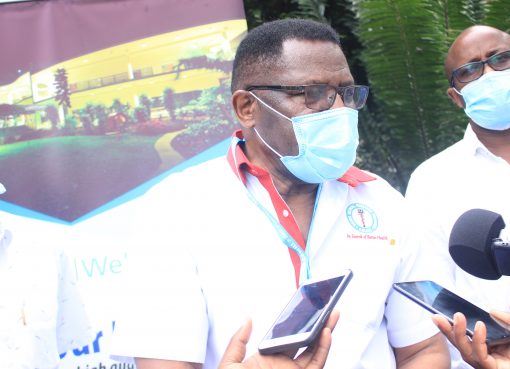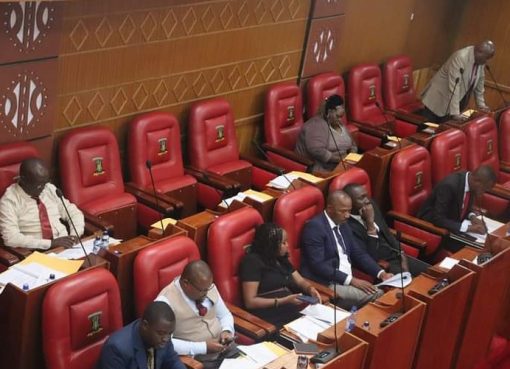More than 175 health workers contracted by the Kisumu County government downed their tools today demanding over Sh100 million in salary arrears.
Inside sources revealed that the funds had been budgeted for and sanctioned by the county assembly, and so they could not understand why the County Government was changing the goal posts.
Geoffrey Muga, a Clinical Officer who spoke on behalf of the striking workers said they include clinicians, nurses, obstetricians and lab technicians and vowed to stay away from the workstation until their grievances are addressed.
Muga said the original contract they signed indicated that they would earn between Sh70,0000-80,0000 but this has since been scaled down to a paltry Sh50,000 without any justification.
“The bone of contention is not only salary arrears but also the decision taken by the management to go against the remuneration indicated in their first letters of appointment,” Muga explained.
“Our efforts to negotiate with the County Public Service Board has not elicited any positive response and so our unanimous decision to protest against the decision,” Muga said.
“We are demanding for the original contract and our pay since April 2020. Some of us have not paid rent for over 5 months and others have since been evicted from their places of abode,” he added.
The health workers accused the county government of having failed to honor its promise that after three months of probation they would be deployed to their current working stations and paid their salaries but they claimed this has not materialized.
Muga said the workers have had no option but commence an industrial action set to paralyze healthcare services in all public hospitals within the county.
Contacted for comment, the Chief Officer for Health, Alphonse Ouya expressed shock at the colossal figures claimed by the healthcare workers.
“Have they been working for 100 years to demand such an abnormal amount? He posed as he ended the call to answer an incoming call from his boss, the County Executive Committee (CEC) Member for Health Prof. Boaz Nyunja.
By Fredrick Ajok/Joseph Ouma





